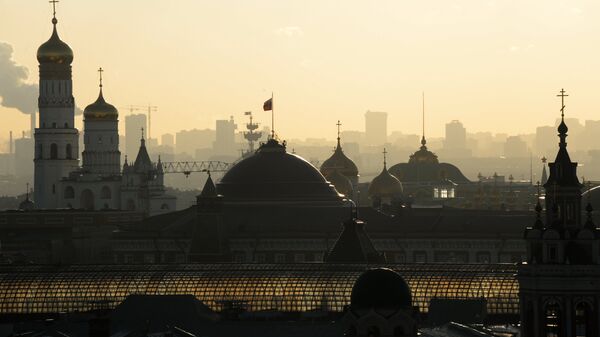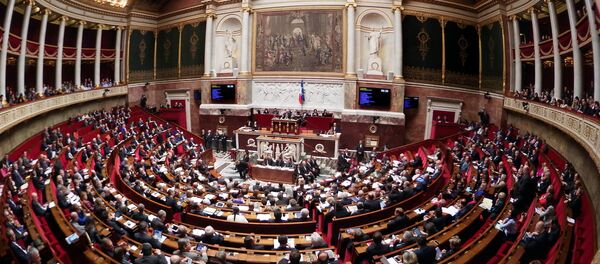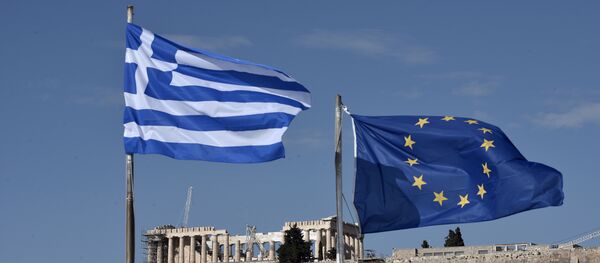According to the newspaper, Western policy towards Russia was based on the belief that the consistent pressure on Putin would force him to make concessions. This assumption, however, turned out to be too far from reality, the newspaper noted.
"What Western policy makers, however, do not understand is that such an approach […] pulled Russians together," the article said.
In addition, it also planned to exert military pressure on the Russian government by supplying Ukraine with of lethal weapons, the newspaper wrote.
"If the Kremlin would feel the pressure from above and below, it would change its policy and perhaps even initiate the democratization," so the assumption.
However, according to opinion polls, Russians have perceived Western pressure not as an action against Putin, but as a hostile action against Russian citizens and the country as a whole.
Most of Russians "follow a long tradition of protecting their country and compatriots from external threats", the article said.
The anti-Russian sanctions were first implemented in 2014 after Brussels joined Washington in accusing Moscow of fueling the Ukrainian crisis. The sanctions have been prolonged several times despite the fact that Russia has repeatedly denied the allegations of its involvement in the Ukrainian conflict.
The restrictive measures have been repeatedly criticized by European entrepreneurs, as they affected not only Russian, but also European economy. 35 percent of German residents call for a complete withdrawal of sanctions, while 36 percent back up the idea of their easing, Reuters reported, citing German newspaper Internationale Politik.



